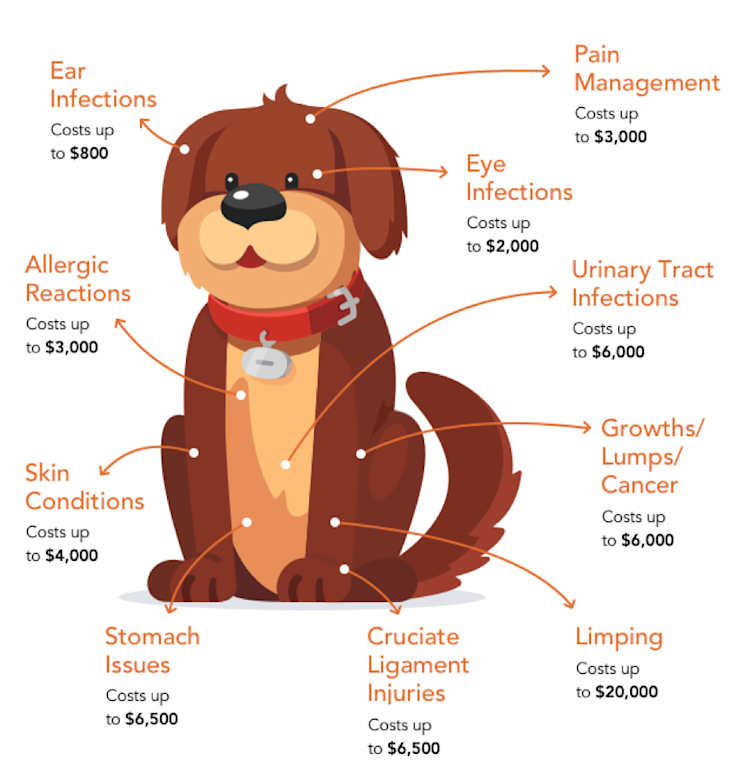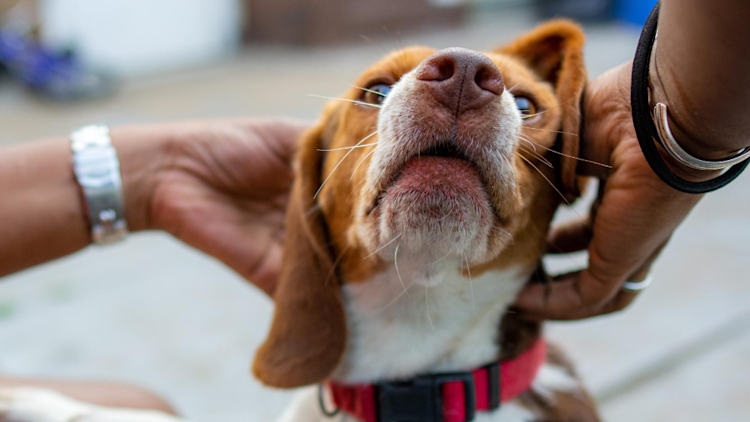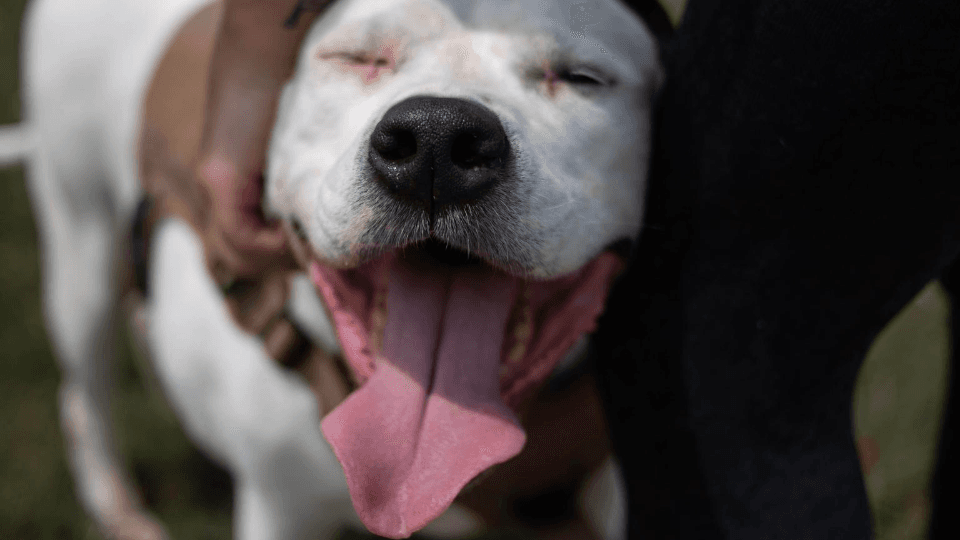
1/ PROVIDE A PROTECTED AND CLEAN LIVING ENVIRONMENT FOR YOUR DOG. Sheltering from the elements and dangers, as well as good hygiene, are basic to a quality life.
2/ ALWAYS KEEP FRESH WATER AVAILABLE. Maintaining optimal hydration is important for health and energy.
3/ FEED A QUALITY DIET AND PREVENT OBESITY. Overweight humans and animals can negatively affect health in many ways. Follow the dietary recommendations that your veterinarian will make based on your dog's nutritional needs, based on size, age, activity level and breed. Remember to offer healthy treats instead of table scraps as rewards.
4/ HAVE YOUR PET EXAMINED BY A VETERINARIAN REGULARLY. Your veterinarian will provide you with information on vaccination schedules, deworming, and control of external parasites. Keep a copy of your pet's vaccination records at home or with you when you travel. Contact your veterinarian if you think your pet may be sick, injured, or if something just doesn't seem right. Your veterinarian is the expert in keeping your dog healthy. Work as a team with him or her.

5/ PROVIDE Ample OPPORTUNITIES TO EXERCISE. Make sure your dog gets the regular exercise needed to keep him in shape. By being fit, your dog will be more able to participate in the activities he enjoys.
6/ COMMUNICATE WITH YOUR DOG AND DEVELOP A RELATIONSHIP. Dogs are social creatures and need to interact with their owner. Quality time will help you get to know your dog and understand any particular needs he may have, as well as improve his ability to recognize the early signs of an illness that may be developing. Additionally, time spent developing a relationship will help prevent many undesirable behavior patterns.
7/ TRAIN YOUR DOG TO FOLLOW SIMPLE COMMANDS. Puppy and dog training classes can be very helpful. The better your dog is at following basic and necessary commands, the better the chances of him living a long and safe life.
8/ PRACTICE REPRODUCTIVE CONTROL. If you do not intend to have puppies, spaying or neutering is a safe option.

9/ DENTAL CARE IS VERY IMPORTANT. Many breeds are prone to gum disease, which can have serious implications. The infection resulting from this condition causes premature loss of teeth and can commonly cause infections in major organs, including the heart valves.
10/ DO NOT MISS THE TOILET AND NAIL CUTTING. Long-haired dogs are prone to developing tangles and ice balls in their fur. Overgrown nails are common in older dogs and can make it difficult for them to walk. Additionally, these nails are much more prone to breaking, which can be quite painful.
Tags:
DOG
